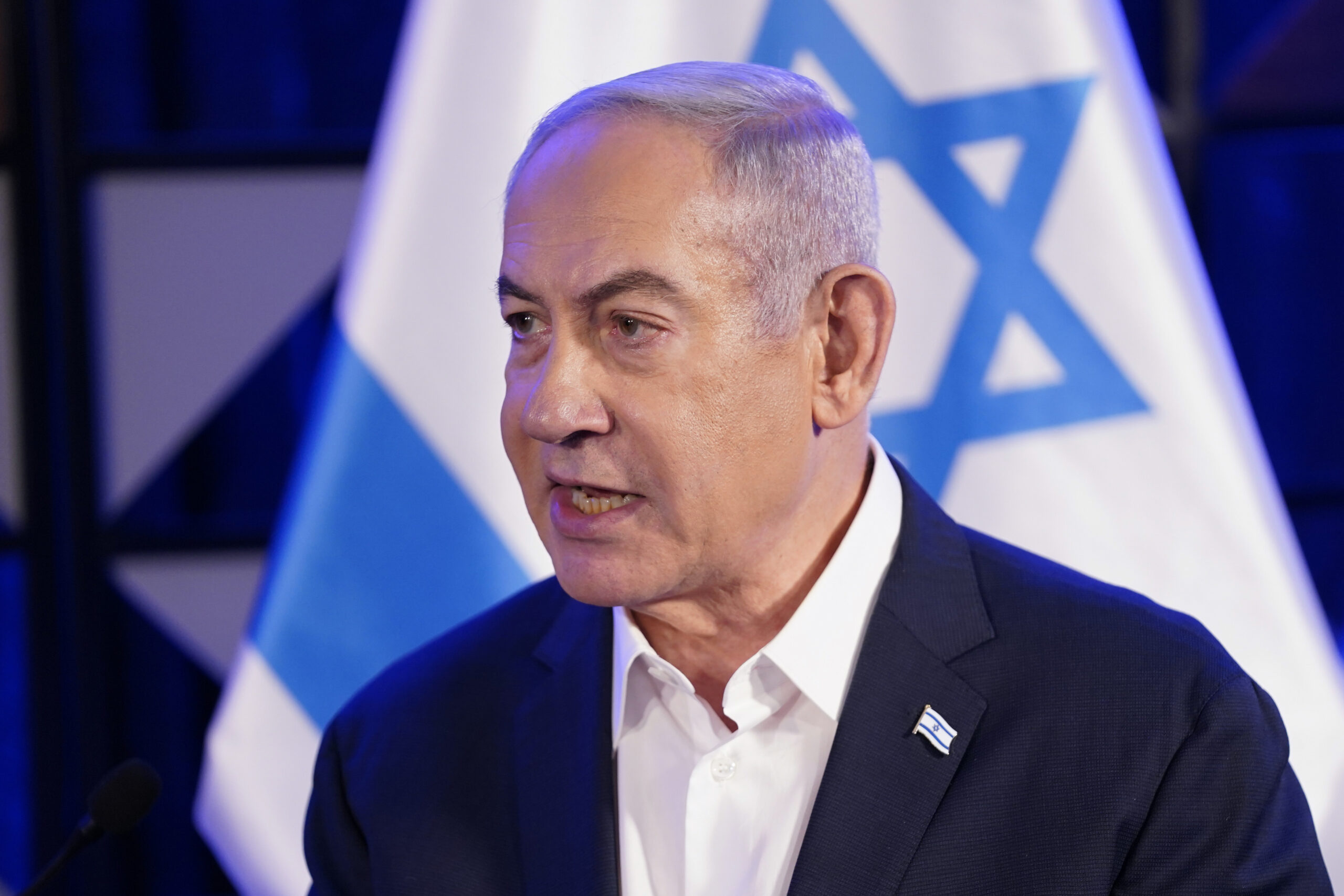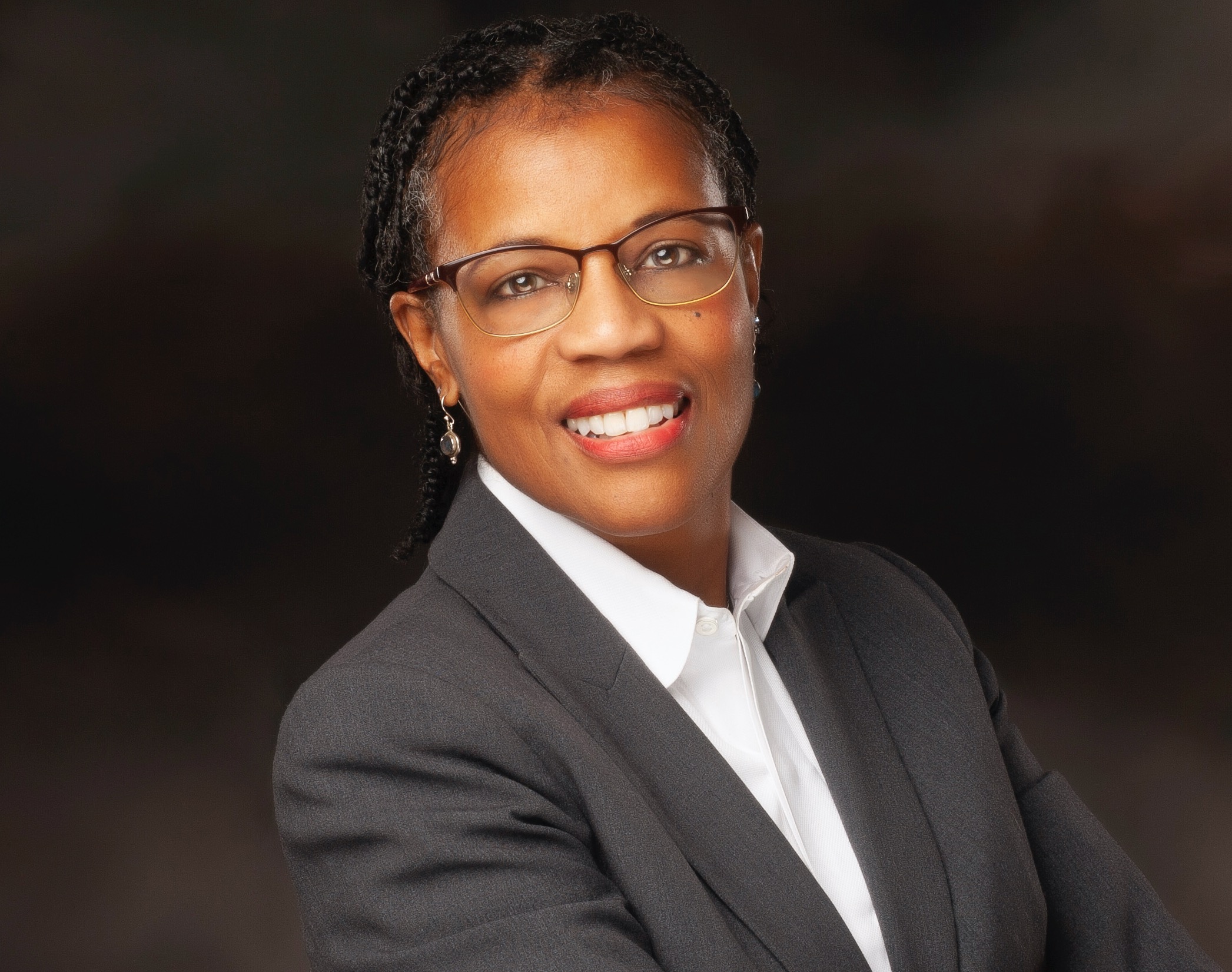Like most of you, I have anxiety over the tragic Israel-Hamas conflict. For decades my brain has wrestled with this ongoing struggle between peoples who live and work in a region that is steep with a complex entanglement of history, race, religion, and power. Power being defined as land ownership, and a people without a land are powerless. Can they coexist?
This war, which started on October 7 when Hamas terrorists attacked Israel, has created great concern across the globe as the repercussions could easily lead to World War III. That is scary enough to consider, and yet I can’t stop reflecting on Israel’s Prime Minister Benjamin “Bibi” Netanyahu’s recent words of “We’ll never forget the atrocities that our enemies carried out, and we’ll never forgive.” As an ever-evolving Christian (and former visitor to this beautiful country), this statement makes me cringe and think that quite possibly, there is very little hope for love and healing in such a sacred territory. The Middle East, albeit a political and social construct by name, is the birthplace of the world’s three largest Abrahamic religions: Christianity, Islam, and Judaism. Netanyahu’s stern proclamation makes me examine my own internal battles with forgiveness.
Netanyahu, the longest-serving and youngest prime minister, is facing the biggest crisis in his political career. He founded the Jonathan Institute, named after his brother who was the sole fatality of Operation Entebbe. The Institute sponsored conferences on terrorism that helped to increase Netanyahu’s awareness and understanding of those who would cause harm to his people. A decorated soldier, he served in an elite special operations unit and received his MBA from Massachusetts Institute of Technology. With a history of political controversy in Israel, including economic discontent from the middle class, corruption charges, and inconsistent peace policies, Netanyahu in 2014 even managed to become a thorn to President Obama’s international negotiations with Iran. He is certainly not Israel’s favorite son. I also find “Minister Bibi” somewhat strange and oxymoronic – such a playful and childlike name for man of his background, political calculus, and control of nuclear weapons.

Israeli Prime Minister Benjamin Netanyahu speaks as he meets with President Joe Biden, Wednesday, Oct. 18, 2023, in Tel Aviv. (AP Photo/Evan Vucci)
Living a life of obedience to one’s faith is not easy. I believe and am grateful that God knows all about this human frailty and loves us anyway. God’s sacrifice is made clear through the life of Jesus Christ. Christian faith, which provides guidance through the Bible, counsels that forgiveness is one of the most important values for us to embrace. There are many references such as the parable in Matthew 18: 21–35, the Sermon on the Mount after the Lord’s prayer in Matthew 6:15, the passages in Luke 6:37–38, Colossians 3:12–14, and the often recited “Father, forgive them for they know not what they do” from Luke 23:34. We are spiritual beings having a spiritual experience in human bodies. We vibrate. We create and share energy. We have free will. Life is not random, as we have opportunities to make choices and decisions every moment. To choose forgiveness.
With a concerted effort to be transparent, I’ve chosen over the years to practice forgiveness when I (or my community) felt wronged or disrespected. An easy task? Hardly. The pain is real. The scars, such as the following examples, stay with you.
- “Closed doors” for academic and service opportunities at units within UNC. Equity and Justice mindsets not welcome here.
- “I have nothing to say to you” after exposing church leadership corruption and injustice. Former Pastor’s insecurities and immaturity. (Yes, a clergyman’s remark!)
- Being overly watched or followed in retail stores. Lack of trust due to my skin color.
- While empire building – disrupting the status quo. (i.e., Coach Prime, by boldly using the media to influence fans, donors, athletes, administrators and coaches to support Colorado football or Rich Paul, by quietly crafting a multimillion-dollar sport agency business to empower the Black athlete. The system is not built for you, so sit down or you will feel its wrath. Structural Racism in Sport.
- The horrific chattel enslavement of Africans and African Americans. Structural Racism and Classism.
- Being ignored. (i.e., looking away, up, down, or anywhere but into my eyes when I say “hi”) Walking while Black in my neighborhood.
- When immediately being asked “do you teach undergraduates or graduates?” by well-meaning strangers when I respond to their probing “size me up” inquiries with “I am a professor.” WTH? As if one or the other educator roles in higher education defines me, my choices, or my abilities. Halo Effect, Implicit bias, and Othering.
- You’re not invited, and you’re not welcome. Sibling drama and irrational jealousy and judgment.
Can anyone relate?
Asking Netanyahu to change his mind and retract his statement about forgiveness is futile. Leadership is lonely. Who knows what his spiritual leader is pleading of him? Perhaps there is something I don’t know about Judaism which allows these sentiments to go unchecked. The hurt that Israelis feel is deep and maybe the lack of forgiveness is the only way to process and justify current actions to forge ahead and eradicate anyone who has ties to the murder of innocent people. This State of Israel military undertaking will happen regardless of how many other blameless Israeli, American, or Palestinian lives may be lost in this seemingly blind rage for revenge and self-defense.
Songwriter Matthew West pens,
It’s the hardest thing to give away
And the last thing on your mind today
It always goes to those who don’t deserve
It’s the opposite of how you feel
When the pain they caused is just too real
Takes everything you have to say the word
Forgiveness, forgiveness
It flies in the face of all your pride
It moves away the mad inside
It’s always anger’s own worst enemy
Even when the jury and the judge
Say you’ve got a right to hold a grudge
It’s the whisper in your ear saying set it free
Forgiveness, forgiveness
And quite possibly, in any religious tradition maybe there aren’t any consequences for not practicing forgiveness. I’m not willing to take that chance with my faith though. The psychologists remind us that applying forgiveness allows one to release overabsorption with the past, resentment, and anguish. It helps us to heal. And besides, the exercise of making the attempt helps me to sleep better at night.
As we ruminate and cry over this geopolitical fighting, please pray for peace. Pray for forgiveness. What have we got to lose?

“Never Too Far” contains perspectives and insights from an inquisitive and engaged Orange County transplant from Philly. Deborah Stroman is an entrepreneur and UNC leadership professor who has seen too much and not enough, and thus continues to question and explore the thoughts and actions of humankind.
Chapelboro.com does not charge subscription fees, and you can directly support our efforts in local journalism here. Want more of what you see on Chapelboro? Let us bring free local news and community information to you by signing up for our biweekly newsletter.

